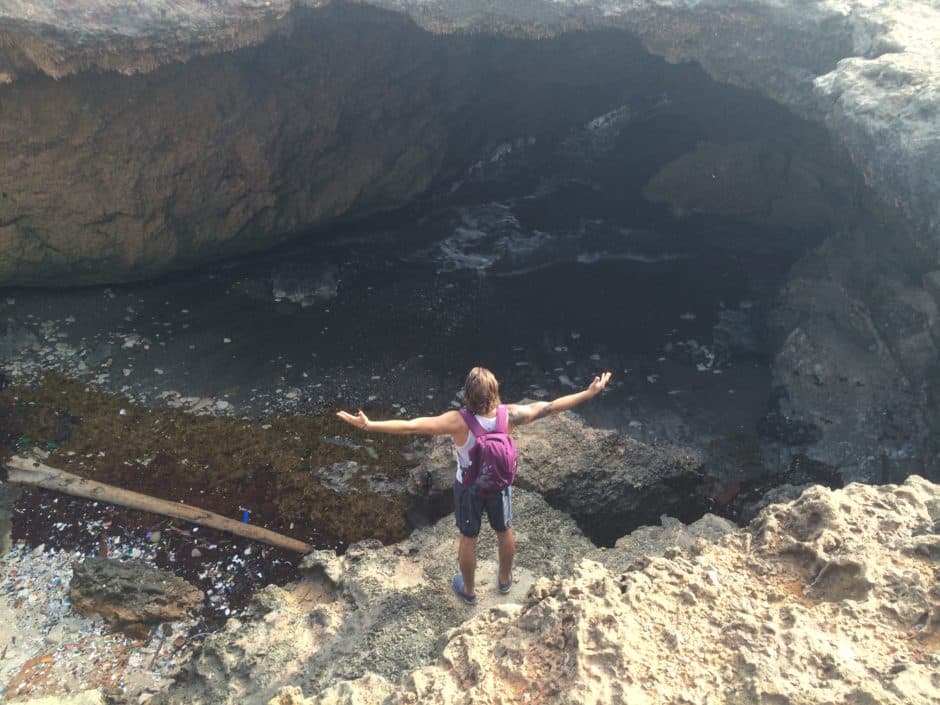When I was in high school, I dated an appalling-in-retrospect string of men five years or more my senior. I met most of them at the Rocky Horror Picture Show, which was where my friends and I spent our adolescent Saturday nights. The twentysomething men who hung out there treated us like adults, or what we imagined that to mean at fifteen: they smiled and nodded thoughtfully when we spoke, leaned in as though our every stray thought was fascinating. They made us feel respected, intelligent, mature.
I knew, abstractly, that older men who dated younger women – not women but girls, high school girls, girls not even old enough to drive – were creepy and better avoided. But for some reason it never occurred to me that that applied to my own life. The guys my friends and I dated made it seem like there was nothing strange about men in their twenties sexually pursuing teenage girls – after all, we were so old for our age. We were so wise. They had never met girls like us, girls who knew so much, girls who understood them so well. They told us this over and over, every one of them, like reading from a script: You’re so cool. You’re so different from all the others. When I was young, I didn’t understand that as an insult, lifting girls up in the singular while putting us down in the plural. I was dying to feel older, which I accomplished by wearing impossibly short skirts and sky-high platform shoes, carrying a tiny knife disguised as a tube of lipstick in my purse and feeling sly and dangerous. I wanted to feel desired, and the men I met were more than happy to comply – to tell me I was beautiful in my Hot Topic bustiers, breasts hiked to the collarbone, boots laced up to the knee.
On Saturday nights in high school, my curfew was five a.m. I told my parents that I spent those early morning hours hanging out in a diner with my friends, girls a year or two older than me who would drive me home. Some nights that was true. Some nights, though, I caught rides with men I’d never met before, circled the city endlessly or found places to park where the streetlights didn’t reach. Or my friends and I ended up back at someone’s house, one of those horrible shared houses that all men in their twenties seemed to live in: broken furniture, cigarette butts in beer bottles, nothing in the refrigerator. We sat awkwardly on lopsided couches making tense small talk while one girl or another disappeared into a bedroom, a kitchen, a bathroom, giggling, hand in hand with a man five, seven, ten years her senior.
When I was fifteen, I dated a man named Michael. He was twenty-three and already divorced, had fled the state of Texas to get away from his ex-wife, who he said had broken his heart so badly he didn’t know if he could go on living. I found this tragically romantic, imagining I might be the one to heal his wounded soul. On Valentine’s Day, he gave me a rose, already wilting. He offered to buy me a cell phone so that he would be able to hear my voice whenever he wanted.
Later that year there was Steven. I don’t remember exactly how old he was, but he must have been at least twenty. The night we met, he pulled me away from my friends, around the dark side of a building into an alley where he pushed me up against a wall and kissed me so hard it made my teeth hurt. In the gray early morning hours, he took my friend Jocelyn and me back to his apartment, where we sat on the edge of a filthy couch watching Steven and his roommates smoke cigarettes and complain about their jobs. I can see now that their lives were small and grimy, with little joy besides driving fast and listening to loud music, playing pool in bars where the very air felt gritty and making out with girls too young to know better. But to me, back then, it seemed glamorous and important. Continue Reading…






